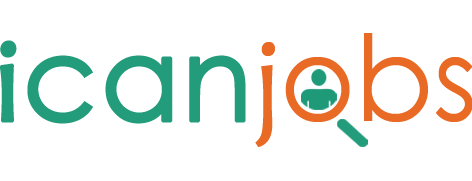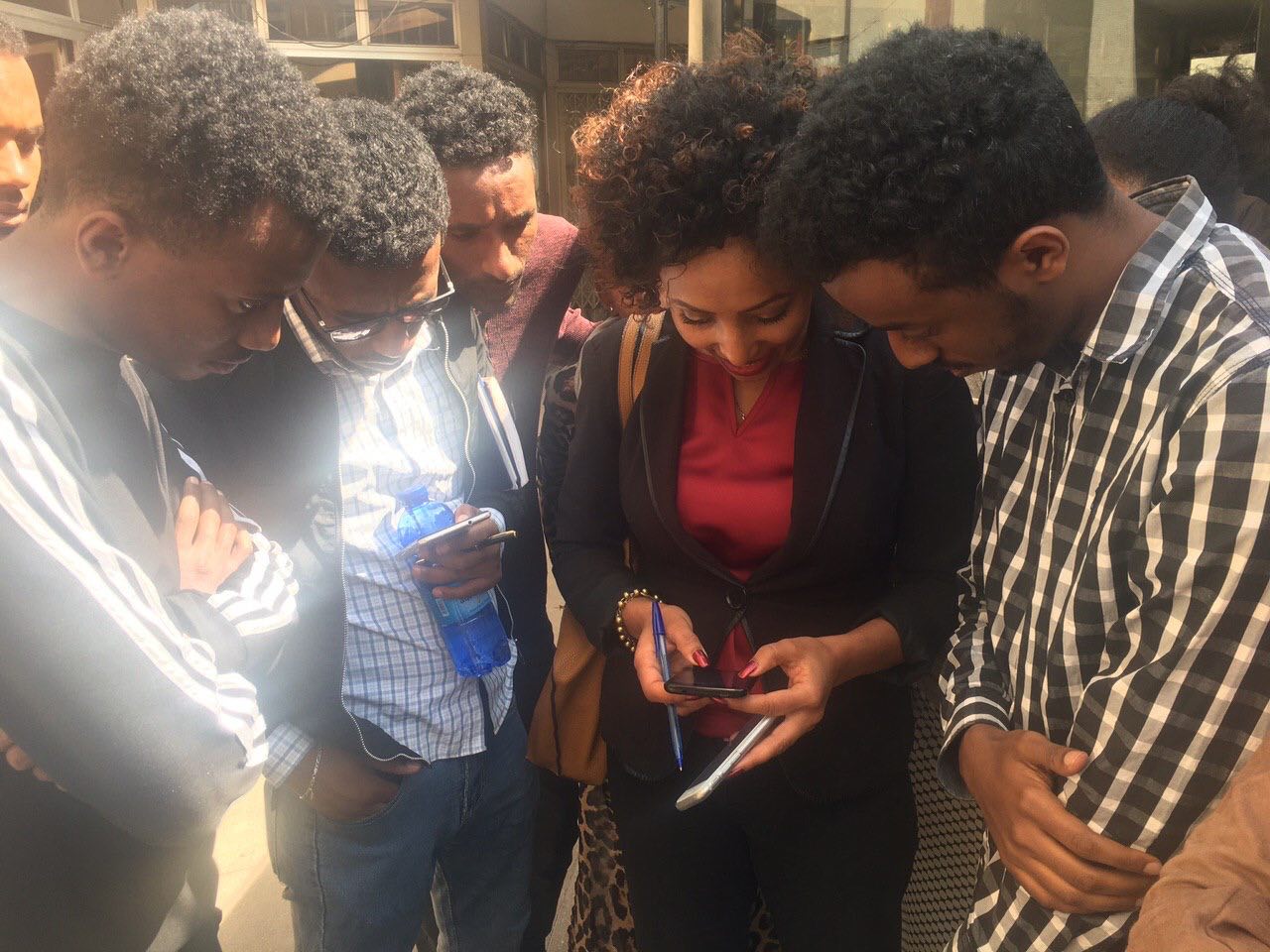WORKPLACE & WORKFORCE MANAGEMENT CHALLENGES DURING COVID- 19
Views 1553
A few weeks ago, ICANJOBS in collaboration with Kichocheo sent out a survey to learn and understand the major challenges of COVID 19 in adapting and navigating the current workplace and workforce management. Our respondents’ company’s headquarters were based majority in Ethiopia, the UK, other European countries, the USA, and Nepal. Attached is a summary of the survey findings. Based on the insight from the survey, we will have discussions on how best to manage, work, and hire remotely from local and international perspective.
Although the uncertainty, challenges, and opportunities faced by different sectors vary, businesses have expressed their views on how they are adapting to the new normal and gave insights about workplace disruption, workforce management, and work in general. Every business and workforce is trying to catch up with the change and learning to adapt, adjust, and strategize with time. Respondents to our survey including managers, company leaders, HR directors, or start-up leaders pointed out their main challenges and their current experiences as:
- ONLINE RECRUITMENT - although respondents highlighted that employee lay off and retention are one of their main concerns because of the slowdown in the business, they want to prepare and understand effective online hiring/recruiting that fits into the new normal. What and how to do strategic, effective, and efficient remote hiring and recruiting, process, methodology, interviewing, attracting the right talent.
- REMOTE WORKING: while managers and business leaders are trying to adjust and shift to the new business operations, there is a realization that they have not been prepared for it. Some of the challenges they are facing are:
- Skills and digital competency gaps of leaders, managers, and employees in transitioning to remote working
- Performance and productivity challenges for employees, as well as the remote team management,
- Technological Infrastructures such as internet accessibility and connectivity
- Effective communication among customers and teams
- Choosing the right technological tools to effectively communicate, perform and deliver on projects (team and customers)
- Employees’ anxiety and job security concerns because of remote working.
- The attitude, discipline, and time management of employers and managers.
Finally, although there are cultural, technological, and infrastructure adjustments needed in the workplace during and after COVID 19, businesses and employees are trying to adjust to the change. Hence, sharing best practices and tools for remote hiring/recruiting and remote working will not only lessen the workforce and management anxiety, but also enhance productivity, day to day operations, team management quality, and workplace in general. To read the details of the survey,




